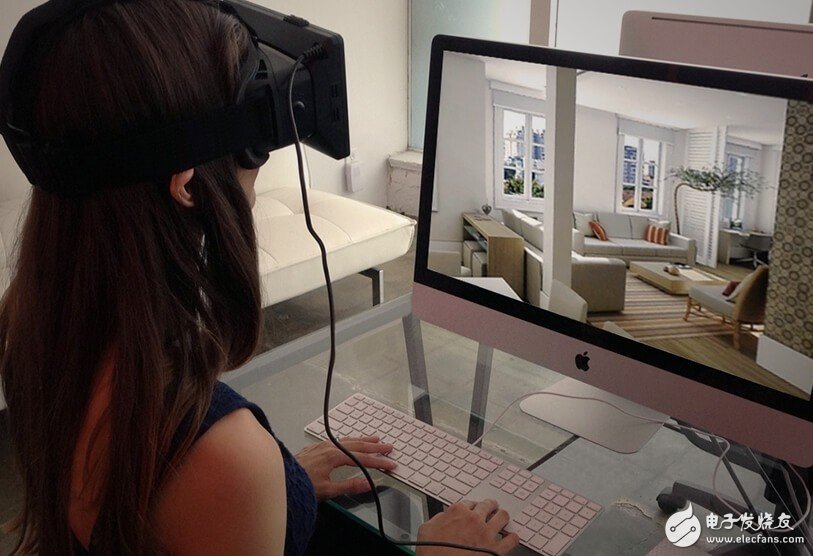London's Shoreditch District (Emerging Arts District) is home to an emerging technology industry park, located in the heart of the city's high-end residential apartment project developed by China's real estate company Vanke - THE STAGE (city stage). Recently, a potential Chinese buyer came to see the room. She looked at the furniture and decoration in one room and one room. She looked at the city from the balcony and looked at the interior of the refrigerator... It’s amazing that she didn’t fly at all. In London, the visit was completed with VR glasses at the Vanke Global Sales Center in Shanghai.

Thanks to the rapid acceptance of VR technology by real estate companies and other industries, China has rapidly grown into the world's most important VR market.
This rapid acceptance is not because Chinese companies have made the best VR helmets. In fact, the most advanced VR hardware manufacturers are Oculus of Facebook, Sony of Japan, and Samsung of South Korea. Moreover, the best VR games and movie software are also in California, not in Chengdu or Chongqing, China.
However, the professional use of VR technology by Chinese companies (non-individual consumers) means that this emerging industry will find the first barrel of gold in China. Investment bank Goldman Sachs predicts that the global market value of the VR market will soar from now to 20 billion in 2025, with hardware and software accounting for half of the market value. Goldman Sachs also predicts that mainland China has already accounted for one-third of global VR helmet sales this year (as shown).
Western countries' interest in VR is mainly focused on consumer applications, such as games. But in China, commercial applications are the direct and profitable channel for VR market growth. Real estate developers, represented by Vanke, use VR technology to sell expensive real estate that they are located overseas or have not yet built, while architects use VR technology to further improve the design.
In addition, education is also a very promising area. Last year, Chinese software company NetDragon received a $100 million investment from British online education company PrometheanWorld, which quickly attracted public attention. Now, NetDragon is testing the application of VR software and hardware to school education (there is an idea that VR helmets can quickly detect that students' heads are shaking - indicating that they are bored, which means teachers need to teach content and Teaching methods are improved).
Short Single/double Dvd Case Serie
Shantou Yashidar Electronic Co.LTD , https://www.headsetswireless.com